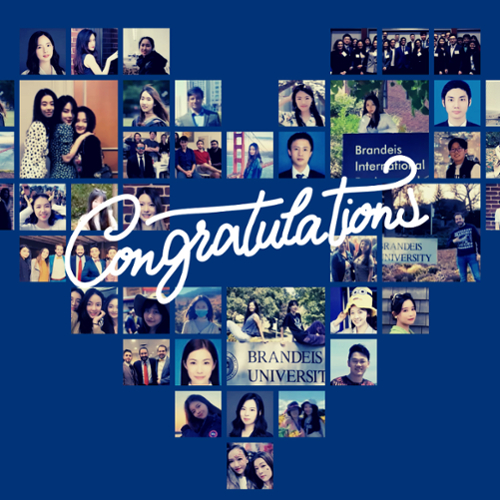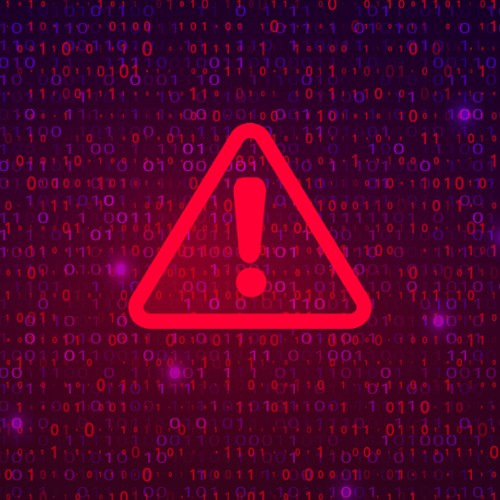It’s the perfect intersection of business savvy, social responsibility and digital creativity.
This summer, a recent Brandeis International Business School graduate and two rising seniors at Brandeis University designed, coded and launched a mobile app to help nonprofit organizations stay connected with at-risk clients during the COVID-19 pandemic.
Tentatively dubbed the Perlmutter App, after the International Business School’s
Perlmutter Institute for Global Business Leadership, the app was initially designed for the Haven Project, a nonprofit in Lynn, Massachusetts, that works with the city’s foster youth and homeless population.
But Mitchell Dodell ’21, Adam Fleishaker ’21 and Daniel Khudyak ’17, MA’20 purposely built the app to be customizable, with the hope that other nonprofits will also tailor it to their individual needs.
“I wanted to do tech for good,” said Dodell. “So I was really excited to use code that’s going to help people, not just something I’m writing for my resume.”
Dodell, Fleishaker and Khudyak built the app over the summer while serving as Perlmutter fellows under the guidance of
Prof. Gene Miller.
The app allows staff at the Haven Project to send alerts to clients — via text, email, phone or any combination — about upcoming appointments or events. The fellows also built a survey function into the app that’s designed to measure the vulnerability of individual clients. After a client fills out the survey, staff can access a “stability score” and use it to inform their strategies for outreach and service delivery.
Dodell and Fleishaker, who handled the coding, didn’t set out to reinvent the wheel. Similar apps that work as communication and scheduling hubs already exist, but they tend to be connected to paid service providers that make the package prohibitively expensive.
“What we’re providing is a cheaper alternative — especially for nonprofits,” said Dodell.
Both Dodell and Fleishaker are double majoring in business and computer science. Before collaborating on the Perlmutter app, the duo had previously worked together on coding projects and in Brandeis clubs.
In the wake of the pandemic, Miller, who teaches several courses at Brandeis focused on social impact organizations, began hearing from her contacts in the nonprofit world that many organizations were suddenly cut off from their most vulnerable clients.
“There is huge demand for an app like this,” said Miller. “It’s really valuable for the smaller nonprofits, who were just hammered by the shutdown early on.”
The Haven Project’s app is live, but the customizable product isn’t quite ready for the market. The fellows have handed off the project to a student team Miller oversees. Those students will identify and solve challenges related to scaling and marketing.
For Khudyak, who helped manage the project over the summer, the pandemic added an extra challenge because the three fellows were scattered across the country.
“My main goal was to make sure that Adam’s and Mitchell’s amazing work was going to be fully appreciated and applicable,” said Khudyak. “Working on this project exposed me to a brand new way of approaching problem solving. It was a nice springboard for me into the strategic project management side of business.”



